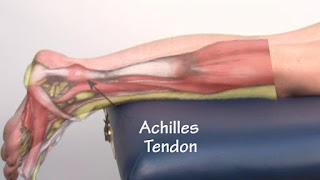Written By: Allison Zahorcak
Not as mobile as you used to be? Suffered an injury and can't get back on your feet? Hip replacement surgery DC may be a good option to increase your mobility and regain your independence. If you or a loved one is suffering from immobility, you know how hard it can be to have a normal day. Talk to your doctor about replacement at your next appointment. If you don't have one, it's time to make an appointment.
During your initial appointment, talk to your doctor about replacement and whether or not you would be a good candidate for the surgery. He or she will talk to you about your particular situation and if they believe it to be a good idea, and will likely recommend you to a specialist who will begin the necessary pre-screening to determine whether or not you're a good fit for the surgery. This will likely include an interview about your medical history, x-rays and CAT scans, as well as a plan for pre and post operative care. As the surgery takes a few weeks to recover from, it's important to have a plan in place to start building strength for the replacement as soon as possible.
What to Expect with Hip Replacement Surgery DC
Decided that getting surgery is the best option? You may wonder what to expect as you move forward towards the operation date. That being said, it's important to remember that replacement is a process. After your initial surgery, you will need to repair yourself to be on rest for 4-6 weeks. During this time period, you may need extra assistance around the house and if you are still working, will need to plan for that time off.
Once the initial recovery time has elapsed, you should expect to attend a few months of physical therapy to help you build strength with the replacement. Though you may never go extreme skydiving again, it's certainly a liberating feeling to be back on your feet and regain your independence. The recovery process will be challenging but well worth the work!



